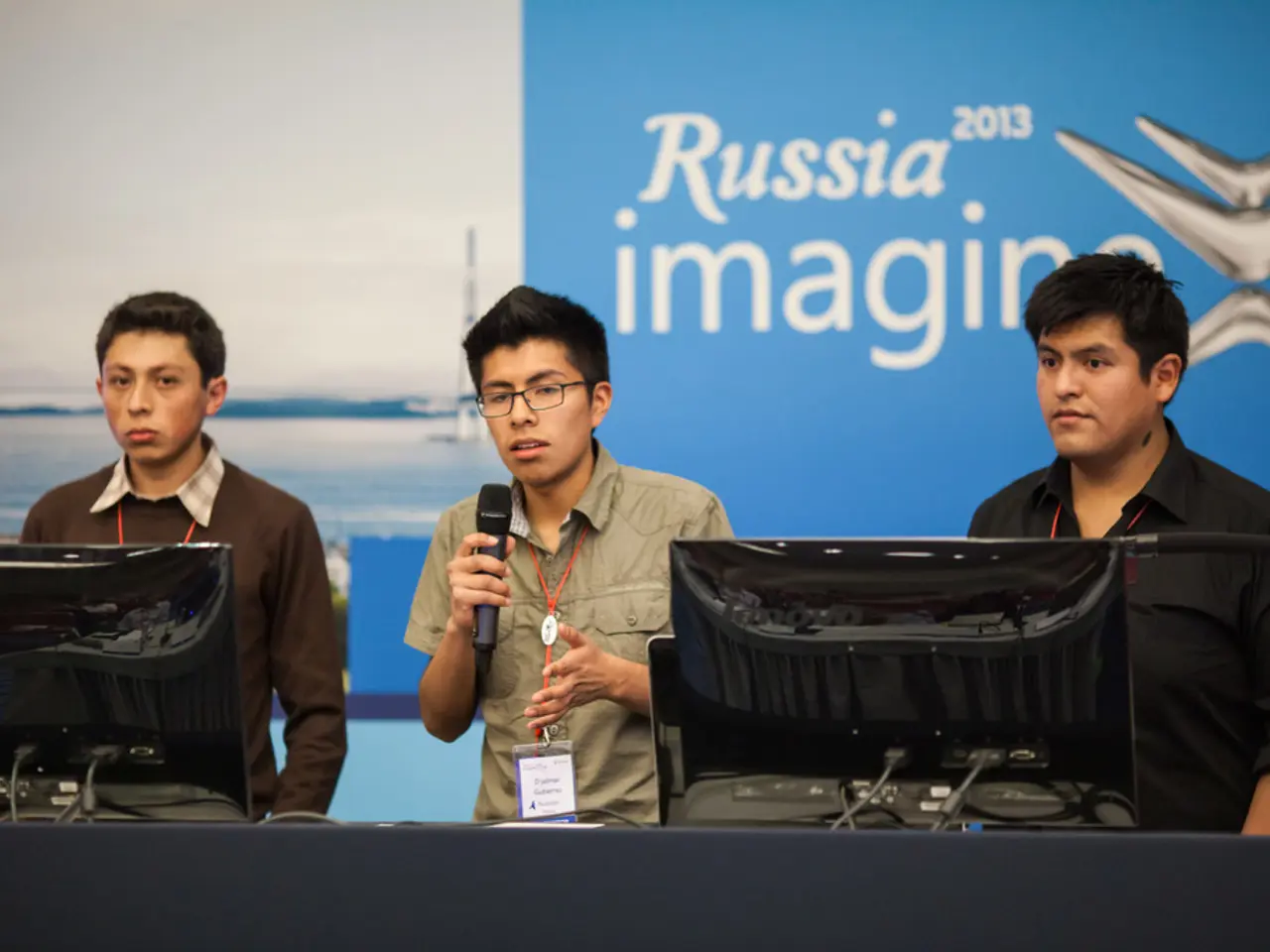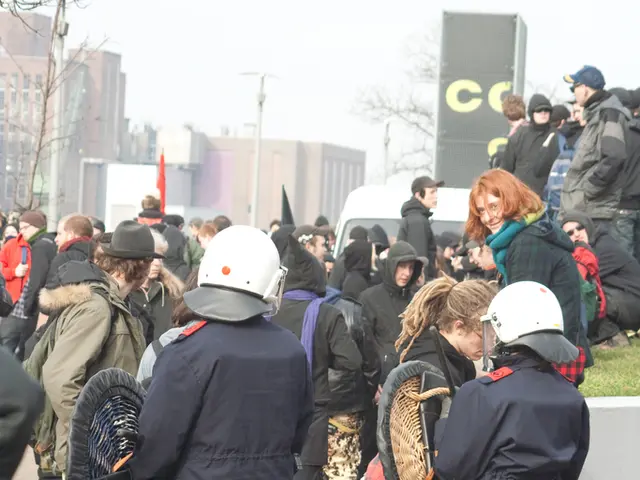New EU restrictions for Russia: Prohibition of LNG exports set for 2027
The European Union (EU) has announced a new sanctions package aimed at curtailing Russia's ability to finance its war in Ukraine. The measures, which are still under discussion among EU member states, include a ban on the docking of approximately 560 Russian ships in EU harbours, restrictions on insurance, financing, and equipment by European companies, and the denial of access to EU capital markets for Russian banks.
The EU Commission's current concept aims to gradually phase out and completely end the import of Russian gas by the end of 2027. Last year, Moscow's gas deliveries accounted for about one fifth of all EU gas imports, with more than half of this gas coming as liquefied natural gas (LNG). The EU Commission proposes to advance the date for a complete ban on imports of LNG from Russia to the EU, with the ban now set to come into effect as early as the beginning of 2027, a year earlier. A complete ban on oil imports from Russia is also planned by the end of 2027.
Moreover, the sanctions package includes measures against the Russian credit card system (Mir) and the instant payment system SBP. Action against the use of cryptocurrencies to circumvent existing sanctions will be stepped up. The EU Commission also proposes to list more than 100 ships, known as the Russian shadow fleet, for circumventing energy sanctions.
The new sanctions package has been proposed following the preliminary failure of the US peace initiative for Ukraine. Some countries like Hungary are critically opposed to new sanctions, while Germany, France, Nordic, and Eastern European countries have advocated for a robust new sanctions package. Discussions on the sanctions proposals will take place among representatives of EU countries over the next few days.
US President Donald Trump had recently expressed great frustration with Putin's course and offered the prospect of participating in new sanctions against Russia if the EU completely stops energy purchases from Russia. The countries critical of new sanctions against Russia in the current EU negotiation situation include Slovakia, which has threatened to veto new Russian sanctions due to its strong dependency on Russian raw material supplies.
EU High Representative, Kaja Kallas, stated that Europe seeks peace for Ukraine, but Russia's aggression continues. She added that to end the conflict, Moscow's ability to wage war must be curtailed. Kallas also emphasised the need to end the use of fossil fuels as a means of financing war.
The sanctions, if adopted, will have a significant impact on Russia's economy, further isolating the country and increasing pressure on Putin to end his aggression in Ukraine. The EU remains committed to finding a peaceful solution to the conflict and to supporting Ukraine in its efforts to rebuild and strengthen its democracy.
Read also:
- United States tariffs pose a threat to India, necessitating the recruitment of adept negotiators or strategists, similar to those who had influenced Trump's decisions.
- Weekly happenings in the German Federal Parliament (Bundestag)
- Southwest region's most popular posts, accompanied by an inquiry:
- Discussion between Putin and Trump in Alaska could potentially overshadow Ukraine's concerns





